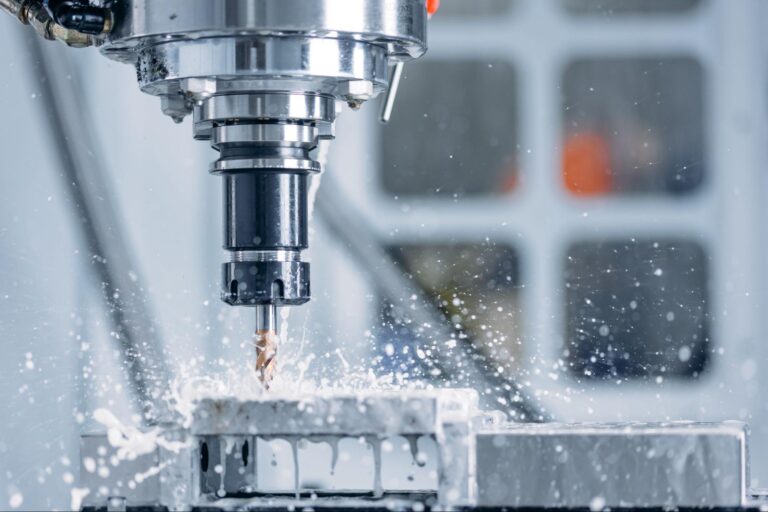Nylon 6/6 is the most commonly used of the Nylon family of plastics. It enjoys relatively high chemical and heat resistance, and is stiff enough to retain its shape, but tough enough not to permanently deform under load.
Two of the most notable use cases for Nylon are in medical devices and electronics insulation, notably screws and spacers for panel mounted circuit boards.
Glass-filled Nylon boasts many great properties such as high rigidity, strength, hardness, toughness and dimensional stability. This material may be used in assemblies requiring mechanical damping or electrical insulation. Common applications include electrical housings, washers, medical devices and aerospace parts.









